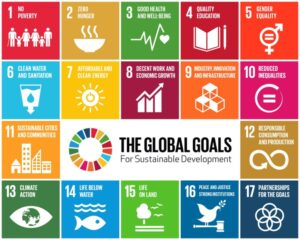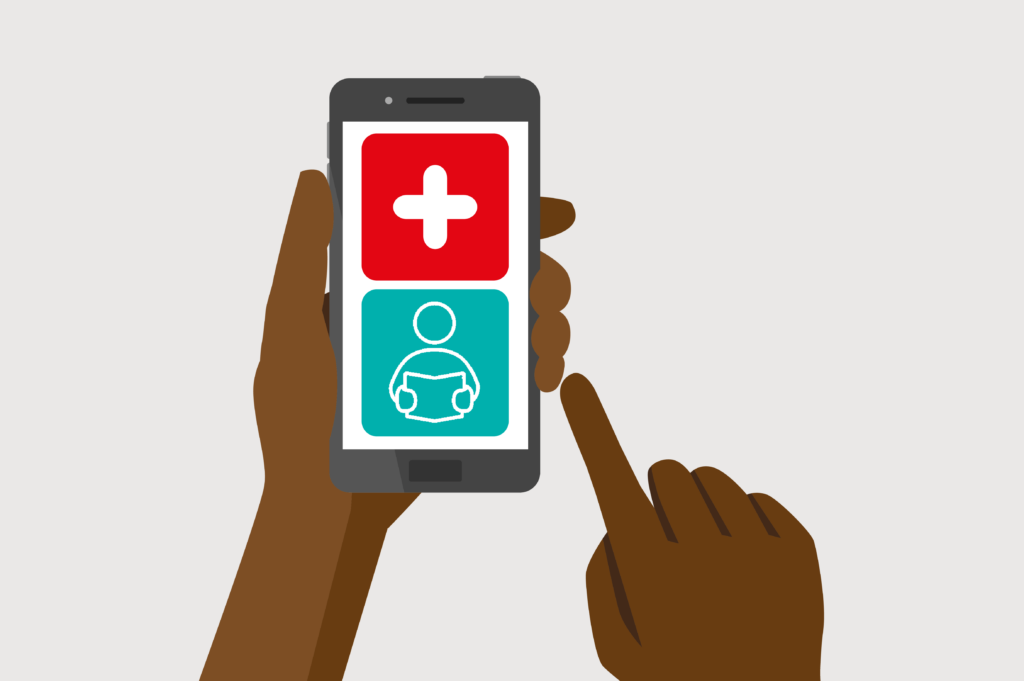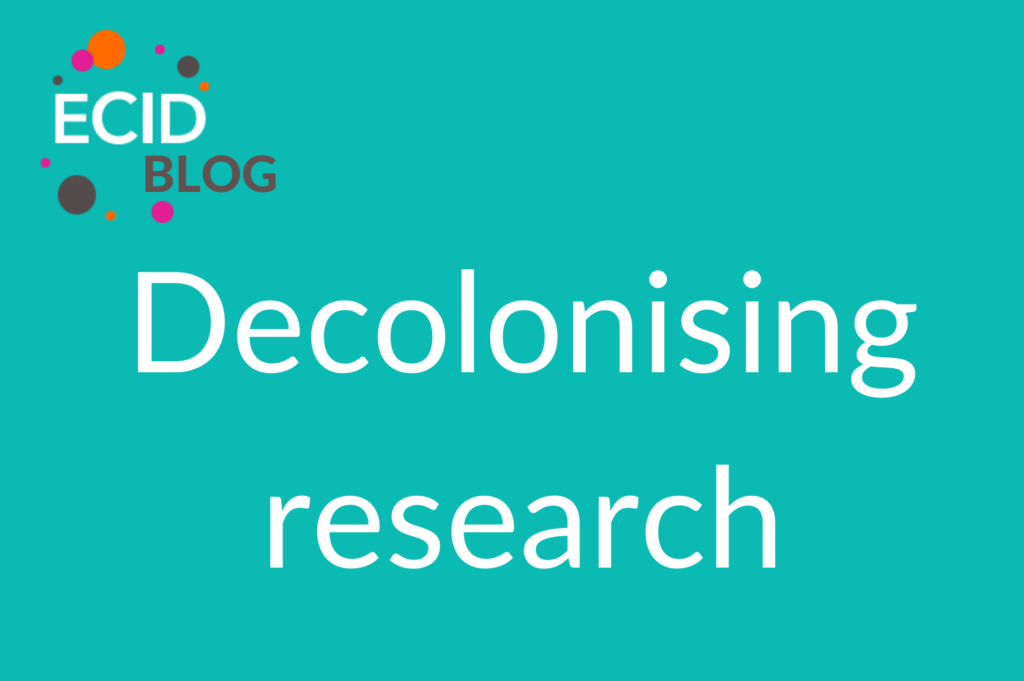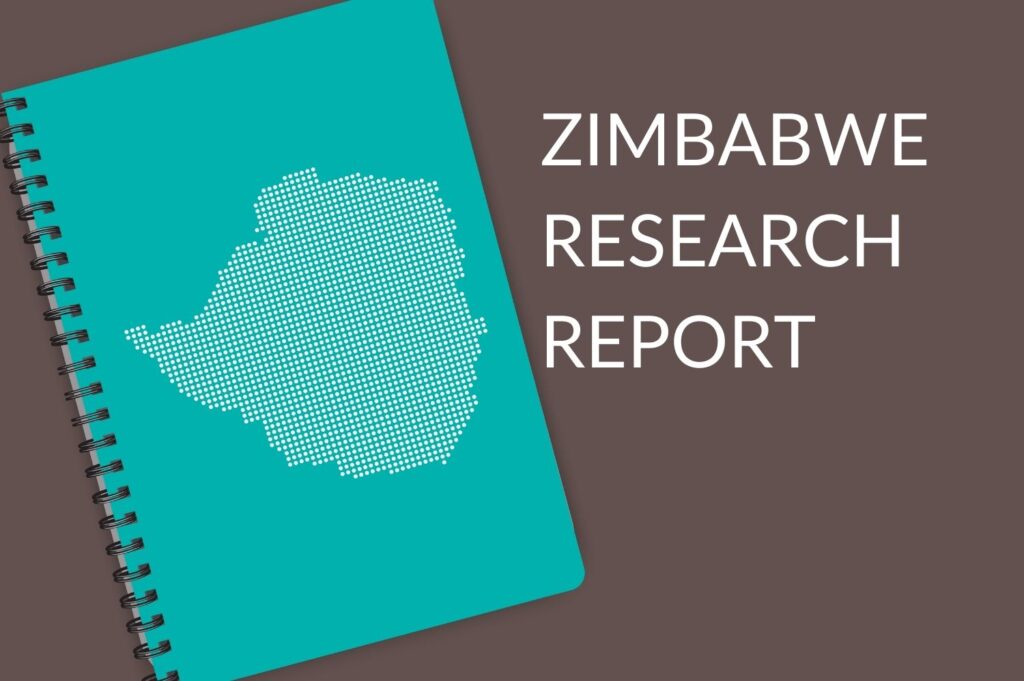Nigeria’s path to social justice
Following International Day of Social Justice on 20th February, Adebola Fatilewa, from Christian Aid Nigeria, explores how minority and marginalised groups in Nigeria have been left behind in achieving the Sustainable Development Goals. She demonstrates how the Evidence and Collaboration for Inclusive Development (ECID) programme’s data-driven approach puts socially excluded people at the centre of policy decisions.

Nigeria’s widening inequality gap and rising levels of poverty are pushing Sustainable Development Goals (SDGs) in the country out of reach. The SDG agenda to achieve social justice,with the commitment to ‘leave no one behind’ recognises that past development agendas have not included minority and marginalised groups. In 2019, the World Bank indicated that if the current economic pace is maintained, the number of Nigerians living in extreme poverty could reach 30 million by 2030.
With significant efforts to achieve social justice, this trend can be reversed.
Social justice lays the foundation for maintaining a cohesive and progressive society. It ensures that all sections of society have equitable opportunities to live full lives. Traditional causes of discrimination and exclusion such as gender, disability, age and caste are thrown out in a socially just society.
“Until every group is represented in decision-making, and is given a voice, social justice will remain elusive.”
The 2020 theme of the International Day of Social Justice was ‘closing the inequalities gap to achieve social justice’. This strongly resonates with the vision of the ECID programme which seeks to put marginalised groups at the centre of state and national level planning and policy-making.
Data for decision making
It is clear that different groups experience poverty differently. Yet to date policymakers and those that drive policies in Nigeria are unable to accurately consider the experiences of marginalised groups, as data does not currently exist that reflects their unique perspectives
ECID is based on the participation of those most affected by social inequality being key to closing this gap. Understanding the perspectives of the poor and marginalised and the barriers to accessing services, based on evidence, will form the basis for making policy decisions.
The conversation on evidence-based decision making is a global one, with more countries adopting this as a progressive approach to policy making. If we are to achieve significant progress towards our development goals in Nigeria, an evidence-based approach is essential for sustainable change. Without data on marginalised groups, decisions and policies will not be able to address specific barriers to basic social services such as education, health, infrastructure that are necessary to live a full life.
Focusing on the collection, collation and use of data on and by marginalised groups, through the strategic and effective collaboration with local partners, ECID will ensure that the barriers that these groups face are identified and addressed.
In Nigeria, the project will reach 600,000 marginalised people in Anambra and Kaduna States. It is led by Christian Aid, in partnership with civil society and private organisations at global, national and state levels.
Visit Nigeria’s page for more information on our work.
To receive updates about our work please subscribe to our e-newsletters here.



